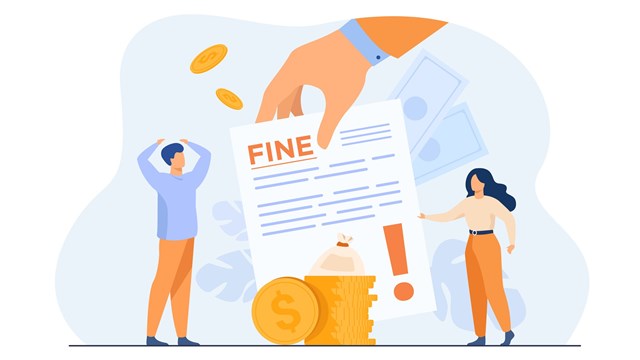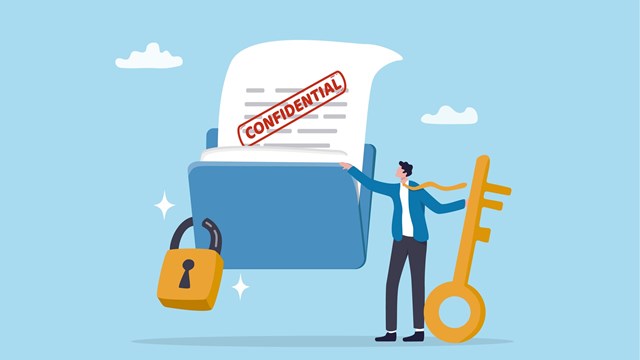Co-op buildings, as we know, are governed by boards of directors elected by the shareholders of the co-op. Candidates often campaign for a seat on the board, not unlike politicians campaigning for public office. But is a co-op a democracy? Do shareholders have the right to access the documents and information boards use to make decisions? Can they demand to see those documents? The answer is not a simple yes or no.
What Does the Law Say?
Julie Schechter, an attorney with Manhattan-based law firm Armstrong Teasdale explains that “In New York cooperatives, the availability of corporate records is governed by the Business Corporation Law (BCL). The BCL gives very narrow rights to shareholders, and only mandates the release of the minutes of shareholder meetings and the record of shareholders. Under common law there is a broader right to see books and records, but absent a special need for other documentation, that’s probably satisfied by the annual issuance of audited financial statements. Whether shareholders will be entitled to review additional documents like underlying mortgage docs or vendor bids depends on whether the shareholders are given additional rights in the corporate documents, or by the board.”
Mark Hakim, an attorney with Manhattan-based firm Schwartz Sladkus Reich Greenberg Atlas adds that “Shareholders do not generally participate in governing. However, shareholders of course have many rights under the BCL, and the various governing documents [of their particular building.]” Hakim says those documents may compel the board “‘To keep correct and complete books and records of account and keep minutes of the proceedings of its shareholders, board and executive committees.’ They are also required to maintain a list containing the names and addresses of all shareholders, and the dates they took ownership. Recent case law has expanded shareholders’ rights of access and review to include the corporation’s other books and records, provided that the inspection is for a purpose in good faith and for general corporate purposes, which would include monitoring the shareholder’s investment. Accordingly, most co-op corporations now permit expanded access to the books and records, provided that the shareholder signs an affidavit attesting to the purpose of such access and often containing a non-disclosure provision (to protect against dissemination of the documents).”
Given that most people you ask would agree that more transparency in government is a good thing, regardless of scale, is there a downside to making more information readily available to more people? “The problem, as I see it,” says Hakim, “is that it is difficult to provide access to hundreds of shareholders daily. Every board is encouraged to come up with a disclosure policy which permits review and encourages transparency while still protecting the Corporation’s interests.”
“Co-ops are corporations, and our bedrock principle of corporate law is that it is the board, not the shareholders, who manage the business of the corporation,” says Philip Simpson, an attorney with the firm of Robinson Brog in Manhattan. “Shareholders can protect their interest though. In the proprietary lease, the co-op has to keep full books and accounts and make them available to shareholders. Another requirement is that the co-op keep minutes of meetings and make them available for inspection. But these requirements are very narrow and don’t include things like a mortgage commitment letter or vendor bids. The right to view this information by a shareholder is a tension with the corporation board to manage affairs. When push comes to shove, co-op boards may reject requests by shareholders. The shareholder can bring a suit to compel the board.”
What About Malfeasance?
“It would depend on the specific allegations and the facts,” says Hakim of charges or suspicions of malfeasance on the part of a board. “We always recommend that the shareholder reach out to management and request a review of the necessary documents. [Credible suspicion of] corporate malfeasance would certainly rise to the level of a legitimate purpose” for inspecting a co-op’s documents. “However,” he continues, “if the board or management refuse [to allow the docs to be examined], and the matter does go to litigation, merely suspecting malfeasance will not be enough generally.” In other words, it’s not enough to just think that your management is getting kickbacks. “They would need a bit more substance to their allegations,” says Hakim.
Simpson concurs, and adds, “Shareholders will have to out themselves and show a reason for the request for these types of documents. If they have evidence to back themselves up, they should demand to see the records of the proposed transaction that concerns them and whatever other proposals the board has received relative to that matter. But the demand for access must be backed up. It is within the purview of the shareholder to make the demand. Whether the proprietary lease addresses the request for information or not, the request falls under common law. If the board resists, you have to go to court. In court, you will have to demonstrate a good faith belief that there is something going on that adversely affecting the co-op. The likelihood is that if you do bring an action, you’ll end up before a judge, who generally doesn’t want to render a decision on this type of matter and will want to arrange a conference between the parties to settle the matter.”










2 Comments
Leave a Comment